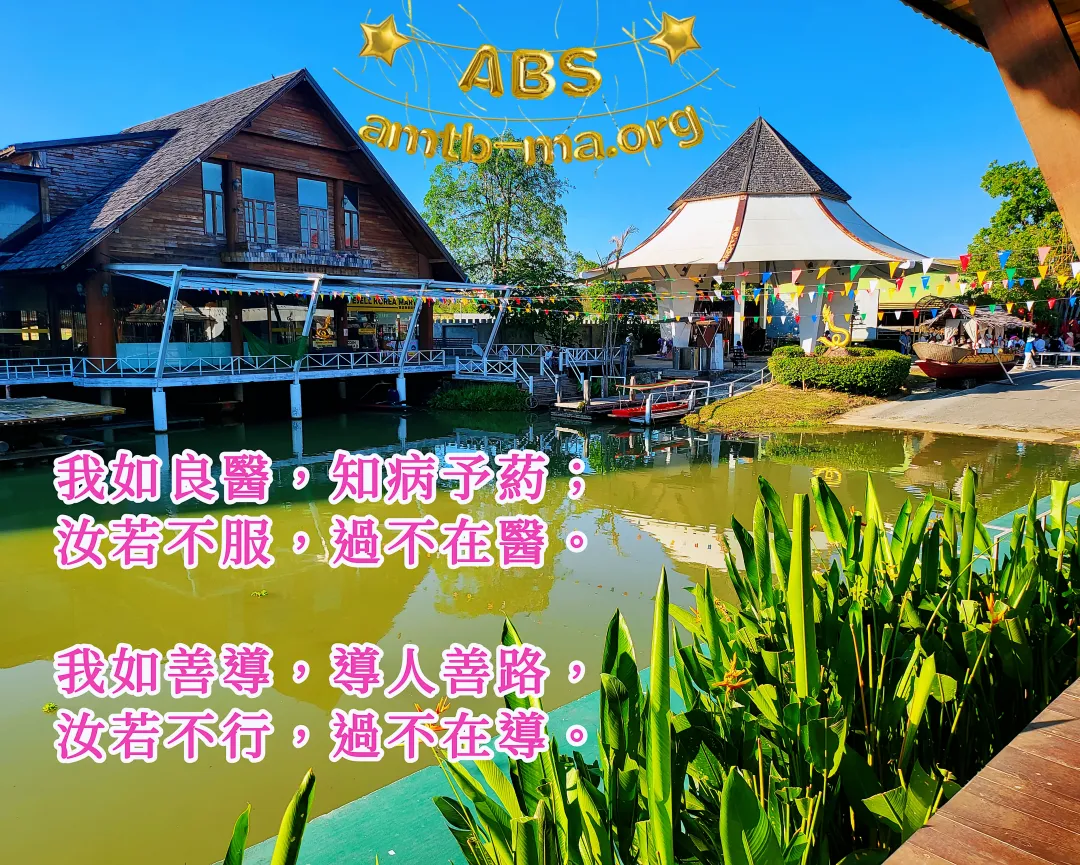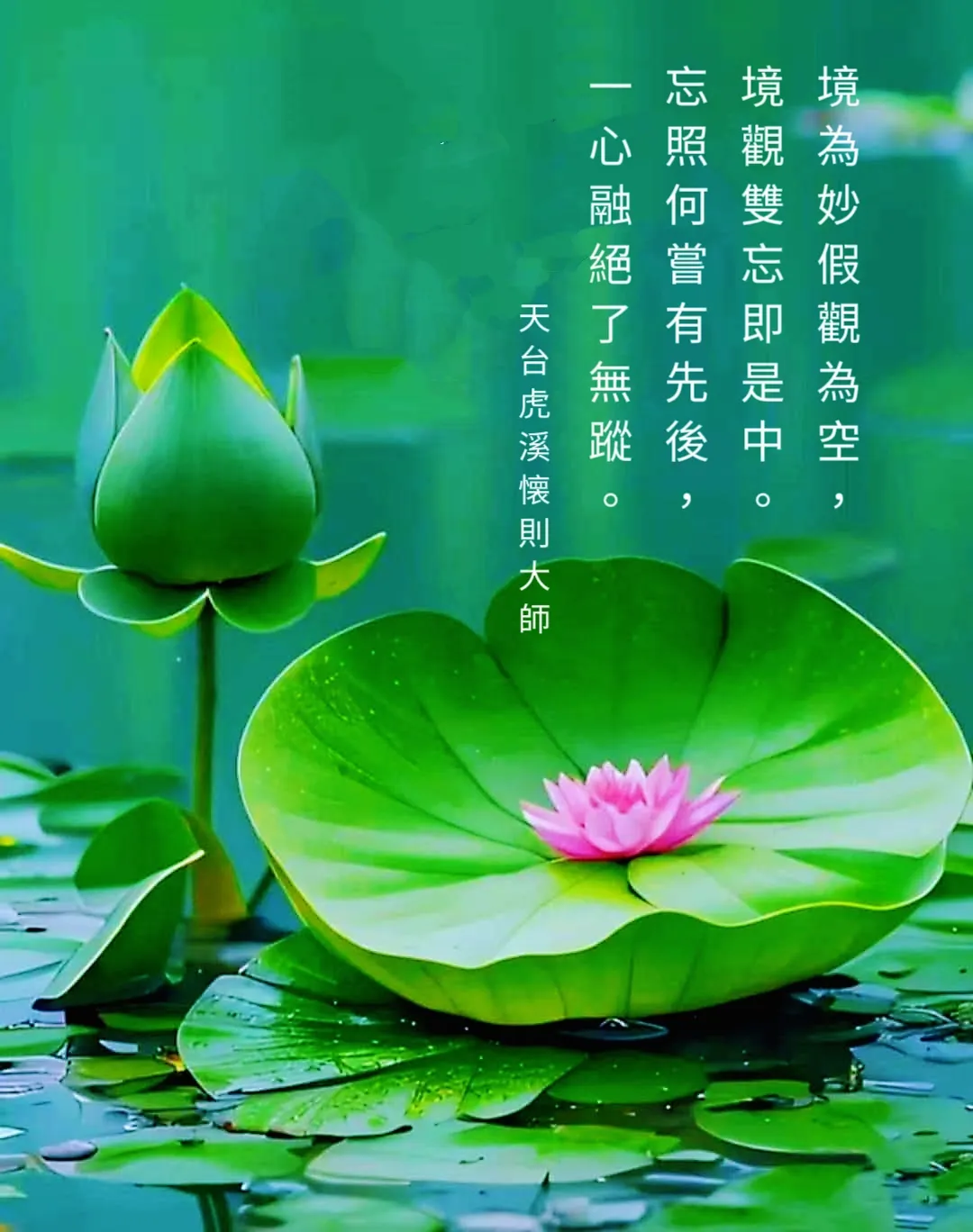by Holly Killmeyer
Last night, Mid-Autumn Festival I sleepover at ABS, and today, August 16th, I learned to prepare a simple lunch of vegetables, ginger, king oyster mushrooms and noodles with pear, yam, cashew and carrot soup.
The master’s cooking method is as follows:
1. Add water and oil, boil, and add Qingjiang vegetables for 7 minutes (depending on the amount of vegetables).
2. Season oyster mushrooms with pepper and salt and sauté with ginger.
3. Boil water, put noodle in, use chopsticks to quickly break up the noodles and break them up for about one to two minutes then in cold water stir it for a while (or use cold water to dissipate the heat) and set aside. Add appropriate amount of oil to the hot pot, mix coriander and ginger powder over medium heat, turn to high heat then add noodles, soy sauce, sesame oil and other condiments, stir-fry briefly into lo-mein.
4. Serve lo-mein with oyster mushrooms and green vegetables, accompanied by a bowl of soup.
Today’s simple noodle cooking may seem similar to yesterday’s Mid-Autumn Festival lunch prepared by Master, but the color, flavor, and taste differ significantly due to my personal touch during cooking. I failed to follow instructions by flipping boiling vegetables twice, resulting in yellow, overcooked vegetables. Insufficient frying time made oyster mushrooms tough to chew, while overcooked noodles lacked texture. This demonstrates my limited progress in Buddhist studies, as Master observed that I don’t listen to instructions and tend to add my own ideas. Despite using the same simple ingredients and detailed cooking methods, my version differed vastly from Master’s because of my usual approach. This highlights the issue of self-righteousness, where I jumble my understanding with the master’s teachings, due to inadequate ‘good roots’ of obedience. I struggle to comprehend the teacher’s words and assert my own ideas, neglecting the concept of inheritance. No wonder Master always praised CH-master, Master said that people who have achieved great success have the elements of obedience, honesty and hard work diligence.
During our shared lunch and master asked us to make suggestions for this lunch. After students commented on the vegetables, oyster mushrooms, noodles, etc., Master said to everyone: “We should have zero criticism of the food we eat, but we can share suggestions appropriately.”
Zero criticism means being able to enjoy others. we can eat cooked food is such a blessing. Whether it is salty or bland, you should be happy to taste it. Even if you eat a bowl of porridge with a burnt smell or be assigned a banana that is overripe and has darkened skin, etc., you should be happy to taste it with a grateful heart. Master encouraged us to appreciate all food, whether savory or not, and be thankful for its availability. We should think about the living beings who live in the border areas, under the flames of war, and in poverty. How happy they are when they get this bowl of burnt porridge, overripe bananas, and muddy biscuits?
I often neglect due to my stubbornness and tendency to guess others’ thoughts and hindering my progress. Learning cooking taught me the importance of listening, thinking, and practicing in life, which This experience taught me that following rules is essential, cannot be separated from life, and letting go of what should be let go. I feel ashamed, but also grateful for Professor Monk’s kind and compassionate guidance, which has helped me understand the importance of humility and self-improvement.
Namo Amitabha Buddha!





發佈留言